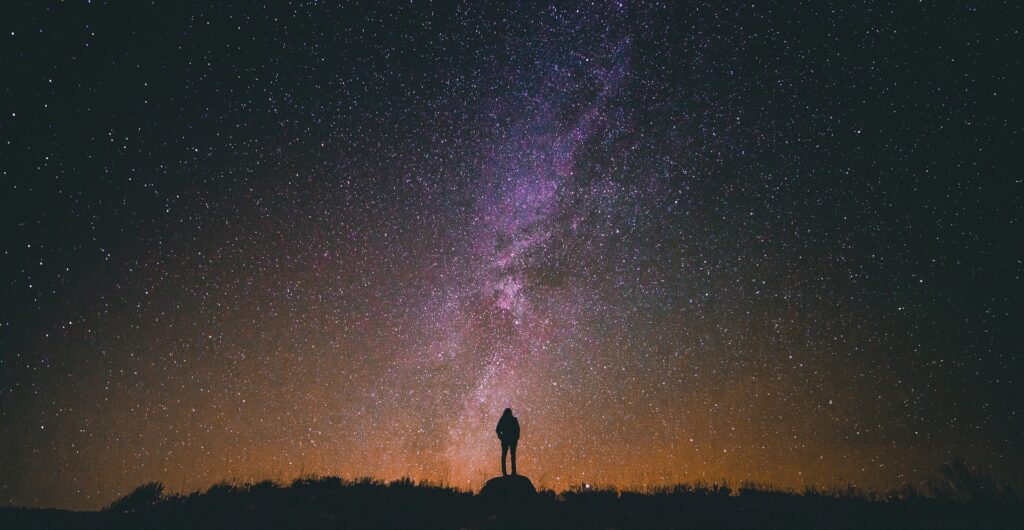2020 was an eventful year, for all the wrong reasons. The question is, does 2021 bring hope?

As the new year begins, commentators, stories and opinion pieces speak of the endless suffering 2020 brought – a year quite hard to forget. The pandemic has pulled families apart and spread unprecedented pain and death worldwide. It brought (and continues to bring) soaring economic damage too high to handle and other frightening knock-on effects on public health, global politics and business; the novel virus exposed the fragility of nations.
We witnessed racism still deeply-rooted in America – “I can’t breathe” sparking the Black Lives Matter protests. Assassinations of high-profile Iranian military figures have spiked tensions between Iran and the US; albeit the world.
Concerns with wealth distribution were also seen, as during Covid-19, Big Tech – the largest IT companies of the US – got richer, growing over 500%.
There is, however, room to celebrate the year: scientists developed a vaccine within months – an unheard-of feat – greenhouse gases were hugely reduced and modern-day technology united isolated friends and family through video conference calls, an aspect Ahmadis across the world were especially grateful for as they were able to meet their beloved Khalifa virtually, even during a pandemic.
Amidst the noise, a new existential search for a deeper and more meaningful life has also emerged. The Nietzschean perspective of materialism and a life without God is being questioned and challenged, albeit slowly. Atheism continues to rise but questions about existence, purpose, religion and God are also growing and will certainly continue to – we hope – during 2021.
A recent piece by The Times detailed a YouGov poll carried out in November which “found that those aged over 60 were most religious, with 36 per cent saying that they believed in God. This fell to 26 per cent of 40 to 59-year-olds and fell again to 19 per cent of 25 to 39-year-olds.” (www.thetimes.co.uk/article/teenagers-turn-to-god-during-pandemic-clndd3b5t)
Religiosity increased, however, for the youngest age group, to 23% of 16 to 24-year-olds: “This was a rise from 21 per cent in January, when the question was asked of 18 to 24-year-olds.” Interestingly, “the past three times YouGov has asked the question, in August and January 2020 and August 2019, the youngest age group was the least religious.”
Commenting on the findings, Dr Lois Lee, a fellow of the University of Kent’s department of religious studies, explains that times of crisis can be “a time of exploration”. She said, “It is highly likely the pandemic has impacted on people’s existential beliefs and practices, but I’m not yet convinced it will have made any group more or less religious in the longer term, though time will tell.”
The Quran alludes to the fact that people begin to turn towards God when undergoing suffering and need (Surah Yunus, Ch.10: V. 23). This is not bad news per se; Allah desires for His creation to turn back to Him – often, unfortunately, humans take this step when suffering occurs.
Although the YouGov poll was a single study and not conclusive, it brings hope for 2021. The younger generation – rightfully, yet surprisingly – seems to want more depth and meaning to life; modern narratives of materialism and leading a life without God are losing customers.
As Muslims, we firmly believe that cognisance of God is a step towards a better and more peaceful society. When God is in the picture and His teachings are duly followed, a moral and just society is born, where spiritual lives are lived and egotism, nihilism and selfishness are shunned.
Hazrat Mirza Masroor Ahmad, Khalifatul Masih Vaa, for 17 years has been reiterating this; the current issues of the world and darker future catastrophes will not disappear until and unless humanity turns back to God.
In recent letters to world leaders, Hazrat Khalifatul Masih Vaa once again emphasised the need to place God back into the equation for future peace to prevail. Speaking of the Promised Messiah’sas purpose and advent, Huzooraa, in a letter to the prime minister of Australia, said:
“… he [the Promised Messiahas] forewarned that natural disasters were destined to increase as a warning to mankind from the Heavens above to recognise the existence of God Almighty and to fulfil the rights of one another.
“History bears witness to the fact that ever since he gave this warning, more than a century ago, the prevalence of natural disasters, such as earthquakes, has increased significantly, whilst other catastrophes and the spread of deadly viruses have regularly befallen the world with devastating and deadly results.” (www.reviewofreligions.org/26918/letters-sent-to-world-leaders-byhead-of-ahmadiyya-muslim-community-during-covid-19-pandemic/)
It seems the new generation is beginning to look past the materialistic world we live in, searching for soul-nourishing spirituality. Islam Ahmadiyyat offers this nourishment and continues to guide millions towards establishing a true relationship with God.
Let us hope that the New Year brings good news of humanity recognising God and as a result, upholding absolute justice, peace and morality. If, however, 2021 (and subsequent years) follow the footsteps of previous years in recognising God and upholding justice, then being optimistic about lasting peace and humanity may just be naïve.


Agree with your sentiments of the article
‘it will only be right to congratulate one another on the new year once we do our part in warning the world’ (Friday sermon 1st Jan 2021)
Can’t help to acutely feel the worlds cheer- is linked to our personal deeds.